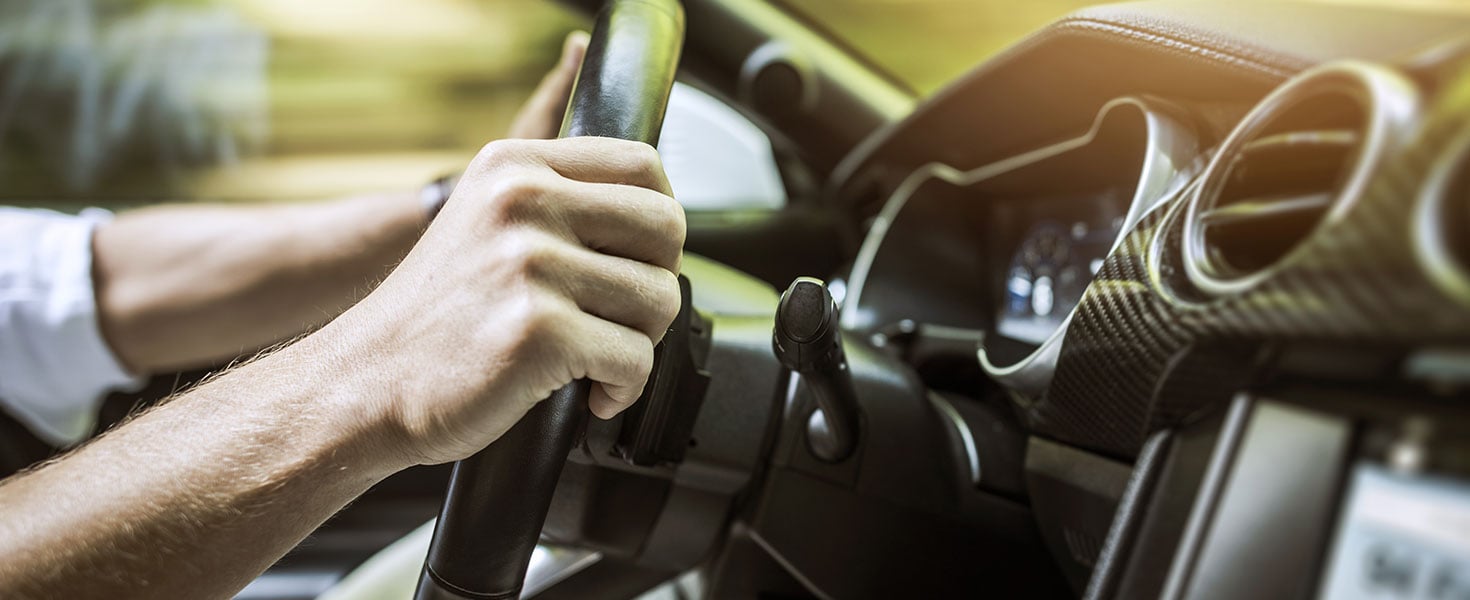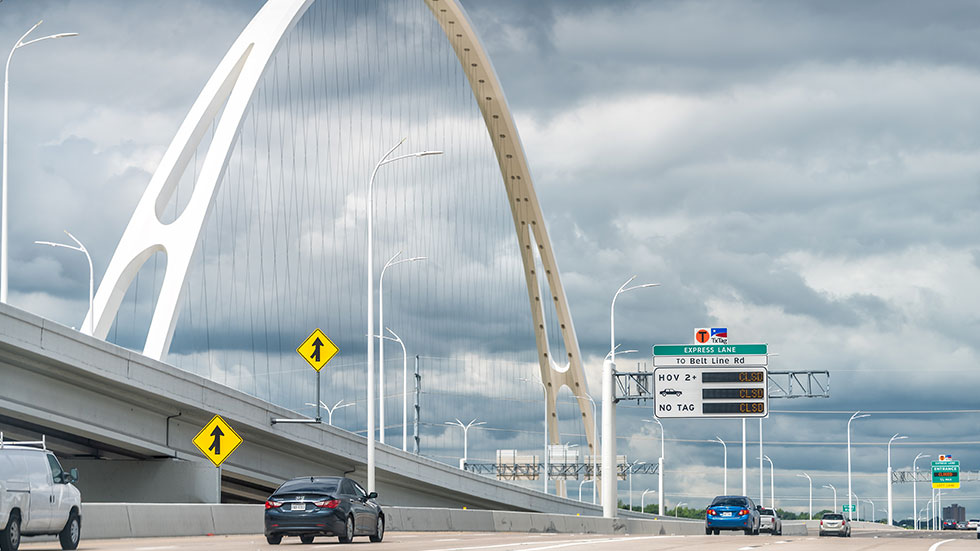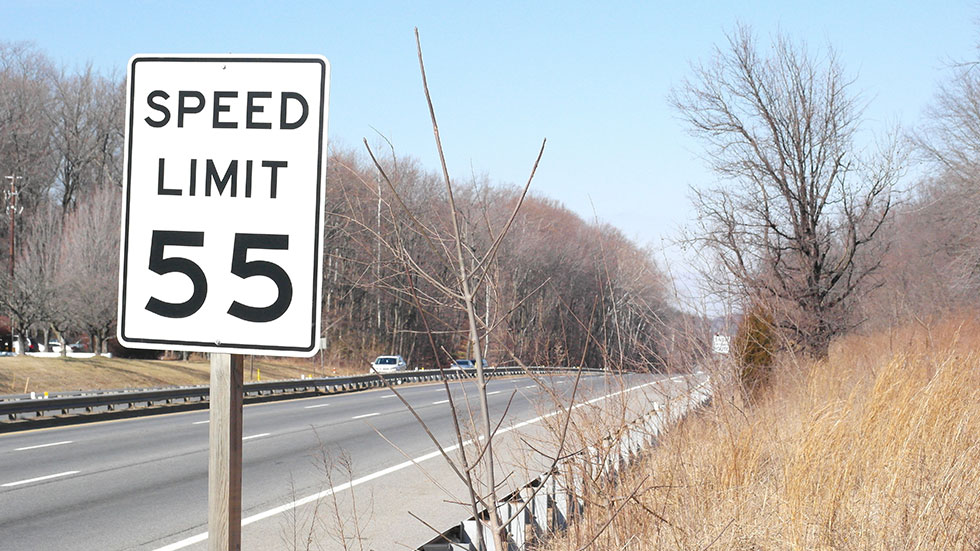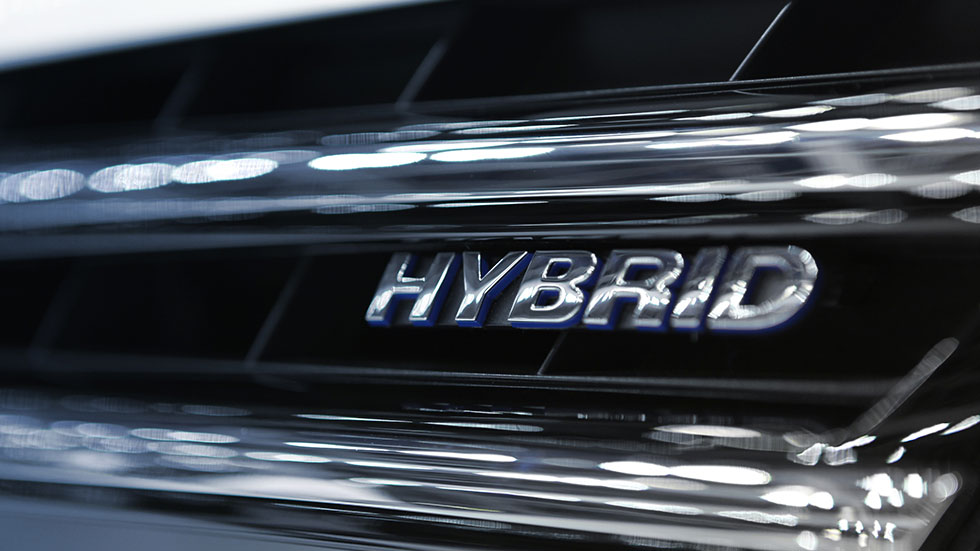Use These Tips To Increase Your Vehicle’s MPG
THESE DRIVING TECHNIQUES CAN IMPROVE YOUR MILES PER GALLON


Whether you drive a diesel pickup or a small hybrid hatchback, you've no doubt felt the pinch at the pump as gas prices soar to some of the highest prices in recent memory. Due in part to lagging effects of decreased US oil production during the pandemic, uncertainty surrounding Russia's war in Ukraine, and increased demand for fuel as Covid restrictions are lifted, the US Energy Information Administration (EIA) predicts prices will continue to rise through May 2022 before finally settling down again later this year.
In the meantime, as winter-weary Americans prepare for Spring and upcoming road trips, a key part of their preparation should be auditing their own personal driving habits. By taking the time to evaluate and assess habits behind the wheel, drivers can use less fuel to get where they’re going and maximize their miles per gallon (MPG).
American drivers tend to think of MPG as an unchanging, static figure listed on a new vehicle's sales sheet, but the reality is that MPG is fluid figure that can fluctuate based on a number of factors including:
- Driver inputs (acceleration, braking, steering)
- Vehicle Maintenance
- Accessories usage
- Aerodynamics
- Weight load
- Speed driven
- Type of driving (highway vs city)
In this article, we'll examine a few common driving habits you can adjust to make you a safer, more fuel-efficient driver and minimize sticker shock at the pump this summer.

SMOOTH INPUTS CAN INCREASE MPG
Studies have shown that rapid acceleration, heavy braking, and other aggressive driving behaviors can impact MPG, decreasing it by up to 33% on the highway and 5% during regular city driving. One of the keys to maximizing fuel efficiency is for drivers to be as smooth as possible on the gas, brakes, and steering. Avoid rapid accelerations and hard braking scenarios that consume more fuel. While on the highway, use your vehicle's cruise control to maintain speed and keep engine RPM's steady and limit lane changing to help maintain your speed.

DRIVE THE SPEED LIMIT
Studies have shown that maximum fuel efficiency for most vehicles is around 50 miles per hour with each mile an hour over 50 increasing the cost at the pump by $0.25 per gallon. This means that excessive speeding not only runs the risk of a costly accident or traffic ticket, but it will reduce your vehicle’s overall MPG, costing you more at the pump.
AVOID STOP-AND-GO TRAFFIC
If possible, plan your work or errand routines outside of regular heavy traffic hours. This will limit the amount of time your car spends idling in traffic. Take some extra time to plan your routes, keeping in mind that the quickest route may not always be the most fuel-efficient. Longer routes with less stop signs or traffic signals may be more economical from a miles per gallon perspective.

COMBINE TRIPS AND CARPOOL
Joining a local ride-share or carpool can be a great way to limit the amount of miles you drive each week, saving you on both gas and maintenance. Similarly, actively searching for ways you can combine multiple short errands into a single, longer errand can help reduce the amount of miles you put on your car as well as trips to the pump.
KEEP YOUR VEHICLE MAINTAINED
With fuel prices surging, it can be tempting for drivers to forego essential maintenance to save money, however this may not always be wise. A properly maintained vehicle is sure to operate more efficiently and drivers may be surprised at some common issues that could be negatively impacting their MPG stats:
- Tire Pressure - Properly inflated tires are key components when it comes to fuel efficiency and can improve gas mileage by over 3% in some vehicles. Additionally, improperly inflated tires wear more quickly, so failing to check this on a regular basis could wear your tires out more quickly.
- Engine Tuning / Oil Changes - Regular engine maintenance is not only key for your vehicle's overall health, but well-oiled and maintained engine components are one of the best ways to ensure your vehicle burns fuel with ease and as efficiently as possible.
- Air Filters - While these may not improve fuel economy, a new air filter can significantly improve your vehicle's acceleration time by 6-11%, getting you up to speed more quickly and efficiently.
REDUCE YOUR VEHICULAR NEEDS
Now may be the perfect time to tune up that bicycle in the garage or dust off your walking shoes. Not does taking short trips on your bike or by walking save you on fuel, but it's a great way to boost your health and exercise goals as well.

CONSIDER BUYING A FUEL-EFFICIENT VEHICLE
For many consumers, a spike in gas prices is the perfect time to consider upgrading to a more fuel-efficient vehicle. Used vehicle prices are still high due to increased demand and interest rates are still low, so you may be able to trade in your gas guzzler for a hybrid relatively painlessly with a little bit of planning.
As you head into summer and stare down a crowded vacation season, don’t forget to keep these simple behaviors in mind. Not only will it make for safer road trips and reduce the wear and tear on your vehicle, but it will save you money at the pump each time you go to fill up.
